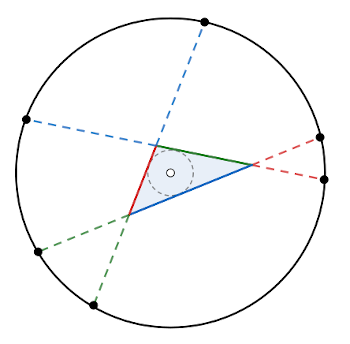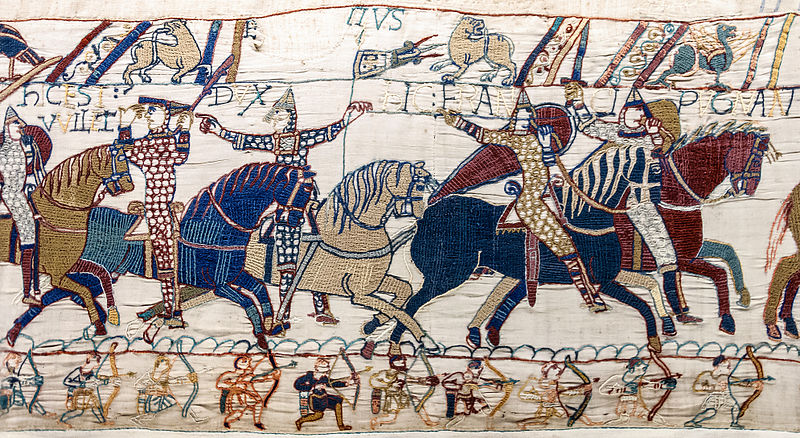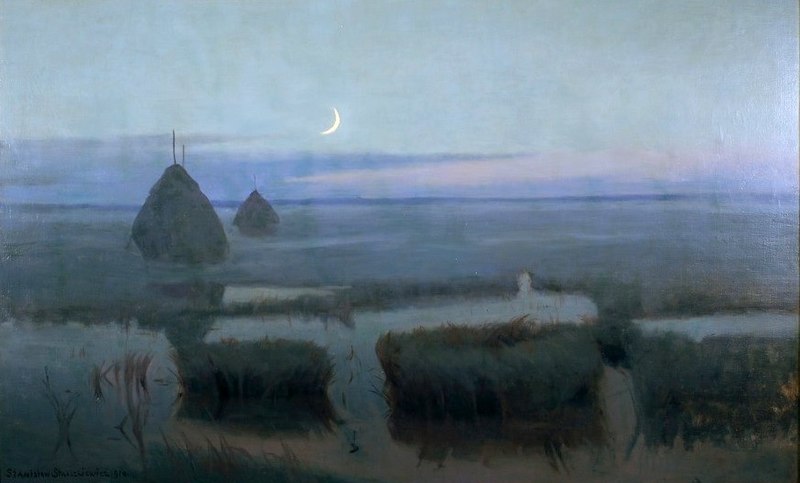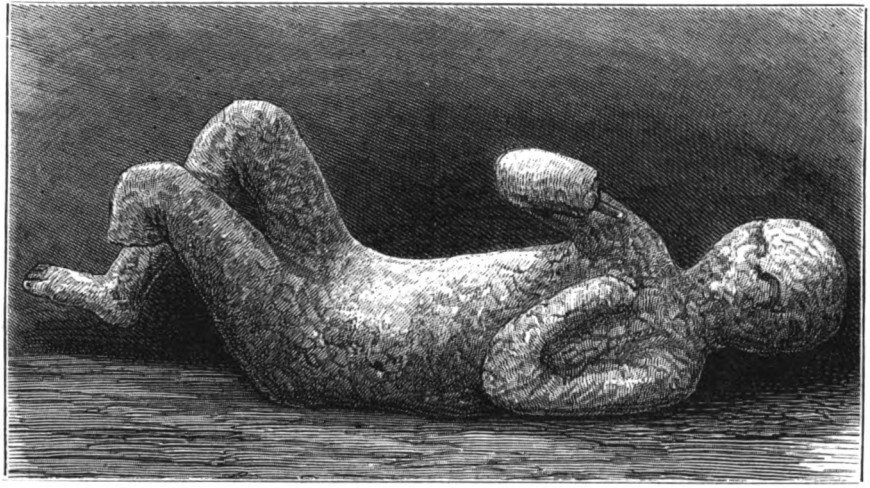Australia’s Mount Wingen has been burning for 6,000 years. A lightning strike or brush fire ignited a coal seam there around 4000 B.C., and it’s been smoldering ever since.
“Smoldering fires, the slow, low-temperature, flameless form of combustion, are an important phenomena in the Earth system, and the most persistent type of combustion,” University of Edinburgh fire scientist Guillermo Rein told the New York Times. “The most important fuels involved in smoldering fires are coal and peat. Once ignited, these fires are particularly difficult to extinguish despite extensive rains, weather changes or firefighting attempts, and can persist for long periods of time (months, years), spreading deep (5 meters) and over extensive areas of forest subsurface. Indeed, smoldering fires are the longest continuously burning fires on Earth.”
The Mount Wingen fire holds the Guinness record for the longest-burning fire in the world.







